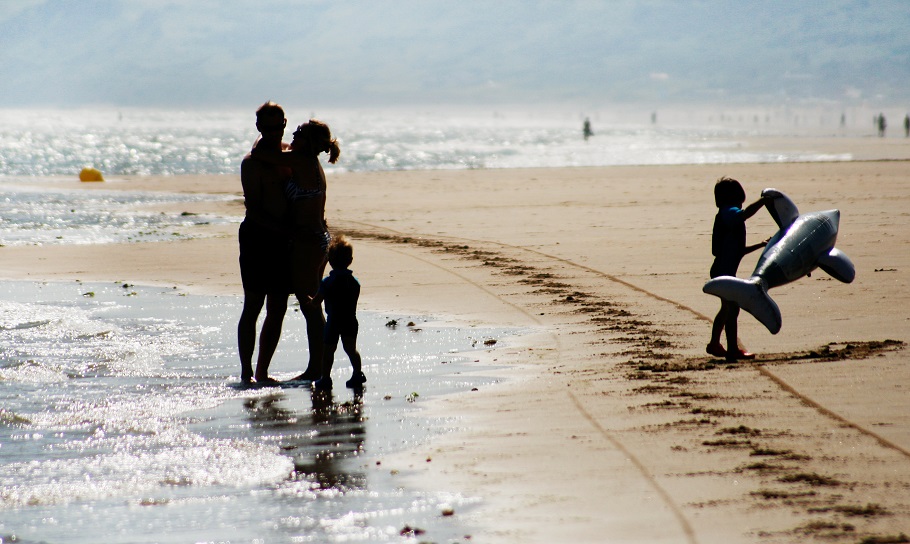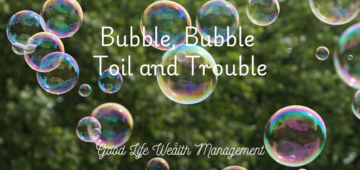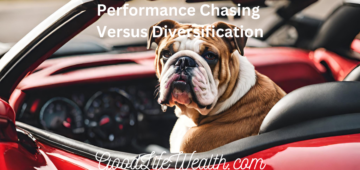Hence it is to be remarked that, in seizing a state, the usurper ought to examine closely into all those injuries which it is necessary for him to inflict, and to do them all at one stroke so as not to have to repeat them daily; and thus by not unsettling men he will be able to reassure them, and win them to himself by benefits. He who does otherwise, either from timidity or evil advice, is always compelled to keep the knife in his hand; neither can he rely on his subjects, nor can they attach themselves to him, owing to their continued and repeated wrongs. For injuries ought to be done all at one time, so that, being tasted less, they offend less; benefits ought to be given little by little, so that the flavour of them may last longer.
– Niccolo Machiavelli, The Prince (1505)
Machiavelli’s political treatise, The Prince, remains an interesting, at times brutish, study of human nature 500 years after being written. If you’ll grant me some liberty in interpretation, his advice to experience pain quickly and reward slowly applies nicely to today’s field of behavioral finance.
The Hedonic Treadmill is a psychological premise that people require constant effort to maintain satisfaction, or “happiness”, if you will. A related concept is Habituation, which is that we tend to have a baseline state of happiness, and that when events move us above or below that level, we gradually become used to the new situation and revert back to our previous levels of satisfaction. Both principles suggest that to increase and maintain happiness, we have to work at it continually.
Consumer spending is important to our economy, but at the household level, we’re spending more and more money to realize a middle class lifestyle. Economists look at things like the change in the price of a gallon of milk as inflation, but it might also be relevant to consider how living has changed for the typical family. In 1973, the average new house size was 1,660 square feet, compared to 2,679 square feet last year. Over the same time, the average household size has shrunk from 3.01 persons to 2.54. Today, we have many more bills – cell phone, internet, satellite TV – than existed 40 years ago. These are all great improvements over previous technology, but the cost of a middle class lifestyle has likely grown well in excess of the reported inflation rates in the CPI. But are we happier for the increased spending?
We experience a brief increase in happiness from buying new items, but habituation has two effects: (1) the enjoyment we get from a new item quickly wears off, and (2) once we do become accustomed to the “bigger and better” item, we are generally unwilling to replace it with a lower cost option. Once we have a smart phone, there’s no going back to a regular phone. After living in a 3,000 square foot house, a 2,000 square foot house feels too small. If you’ve owned a luxury car, you won’t want to drive a simpler car. Will a Kia get you to work as effectively as a Mercedes? Yes, of course, but that’s not the reason we buy an expensive car. We decide what we want and then we rationalize why we have to have it.
I chose the name Good Life Wealth Management, because I view money as a tool to help us enjoy life. Not in the materialistic sense of fancy cars or fine wine, but in the holistic pursuit of finding meaning and balance. The Good Life, then, is not achieved by the acquisition of items, but by enjoying a state of financial independence and using those resources to live fully. It’s my job to help investors find that freedom and I love my job. It’s the last thing I think about at night and the first thing I think about in the morning.
I share the following six principles to define what we stand for. This is how we can seek happiness and financial security in an age of materialism. If these make sense to you, then I think our financial planning approach and sense of purpose will resonate strongly with your goals.
- Spend money on experiences rather than things. I went on a hot air balloon ride this summer. If I considered the cost for a one-hour flight, it was perhaps expensive. However, I have since spent many hours thinking about that wonderful experience and enjoying my photographs of that day. I’ll always have those memories.
- As Machiavelli suggests, take pain quickly and rewards slowly. If you decide to make spending cuts to be able to save more, make the cuts deep and immediate. If you want to save an additional $1,000 a month, you’re not going to get there by giving up a daily coffee. And you’re setting yourself up for continual frustration because you will have to make that sacrifice every day going forward. By making many small changes, it will feel like a death by 1000 cuts. Instead, have the courage to make a big move like downsizing or finding a different job. Once you adjust to the new change, it will be fine and it is not going to impact your happiness in the long-run. (To see an extreme example of a human’s ability to adapt, two friends recently completed a Buy Nothing Year, with interesting reflections on their experience.) Take your rewards slowly to enjoy them. Feed your Hedonic Treadmill gradually.
- Saving is not self-denial. Some people view saving and investing from a negative view – they only do it out of fear. Fear of falling behind, fear of not having enough, fear of dying broke. No one wants to experience any of those unpleasant things, but fear will only motivate you to save so much. And you’ll resent the saving because you’re doing it because you have to and not because you want to. Saving can be its own reward. Make it fun and a game to see how much you can save. If you want to be financially independent, take the steps that will get you there as soon as possible. Do it for yourself – the more you save, the faster you achieve your next goal. Be laser-focused, driven, and determined when you have a goal. Saving is a virtuous cycle when it becomes an ingrained habit.
- Money doesn’t define us and our value is not a number. If I did lose everything, I know I could make it all back. And I’d make it back even faster because I wouldn’t make all the mistakes I did the first time around! That doesn’t mean it’s okay to be reckless with investing, only that money is not the most important thing in life. And once you have money-making knowledge and skills, you realize that wealth is abundantly available for those willing to save and invest.
- Our concept of frugality was framed by our parents or grandparents who lived through the Great Depression in the 1930’s. They learned to be self-reliant and strong, but for some, those tough times created permanent fear and mistrust. (Can you feel fulfilled and happy if you bury cash in coffee cans in your back yard because you think banks will lose your money?) The new frugality is about simplicity, optimism, and making the decision to place financial independence ahead of consumerism. It’s a positive choice and not a negative reaction based on hoarding, fear of loss, or mistrust of the system. Used properly, frugality is having the maturity to make decisions today that will be smart 10 years from now. It’s a recognition that “more stuff” does not create lasting happiness.
- Tis better to give than receive. Donate, volunteer, make a difference. Happiness comes from a sense of purpose and living to the best of your abilities. Daniel Kahneman found that higher income increased happiness, but only up to about $75,000. Above that level, individual differences prevailed. Money does not create happiness, but we do know what is the most common cause for unhappiness: loneliness. Connect with people. Use your money to visit friends, take someone to lunch, or travel and make new friends.
Is your money helping you move closer towards financial independence or is the rising tide of middle class materialism keeping those goals a distant dream? If you’re not sure where to begin, give me a call and let’s get to work on your financial plan.







